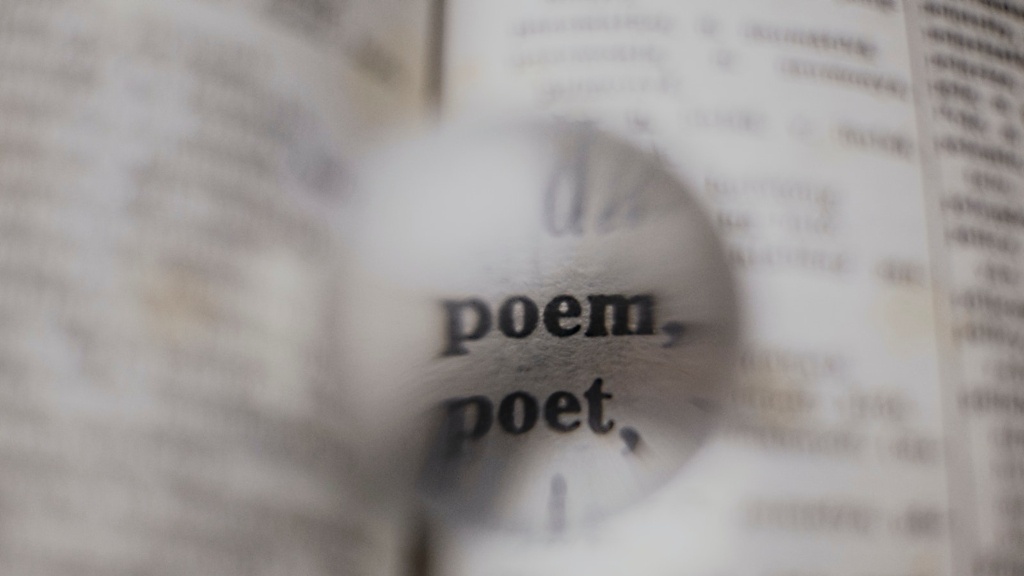Founding Father of the Harlem Renaissance
Langston Hughes was born in 1902, in Joplin, Missouri and is widely known as one of the most influential figures of the Harlem Renaissance, a cultural, political and artistic movement of African Americans that spanned the 1920s and 1930s. The aim of the Harlem Renaissance was to unify African American culture and to fight the racism and prejudices of the time.
From the age of sixteen, Hughes wrote poetry, and moved from Ohio to New York in 1925 to pursue his writing career. During this time, he was influenced by the artistic vibrancy of the Harlem club scene and it is where he co-founded, with other influential African Americans, the Négritude movement. No stranger to controversy, most of Hughes’ works were experimental, race-centered and explored classic themes of race, identity and oppression.
In 1926, Hughes released his first book of poems, ‘The Weary Blues’, which further propelled his fame. This collection of poems focused on the Jazz Age and popular culture, exhibiting Hughes’ natural integration of cultural tradition and race. Race was the underlying theme of most of his works. His vast influence on literature has spanned generations, and still resonates with students of the craft today.
By being different, Hughes created a uniquely and stylishly poetic style that displayed African American culture and assertiveness in a time of racial prejudice. His works include numerous books, plays, lectures and articles and his steady flow of publications earned him the admiration of other contemporary writers.
The greatest-of-all-time jazz singer, Billie Holiday, was consistently inspired by Hughes’ poetry, her albums often featuring his works. Later in life, Hughes was awarded many honorary degrees, including a commemorative stamp from the United States Postal Service, which further solidified his place in literary history. He died at age 65 in 1967, in New York.
Representative of African American Culture
One of the most important contributions of Langston Hughes was his close relationship with the people of the African diaspora. His African American identity was a main of the driving forces of his success and the popularity of his works, making him a sort of spokesman of those descending from African slavery in the United States. Many of his works deal with the hardships of one’s identity in these circumstances and are thus rich in emotion and sometimes profoundly sad.
He wrote with notable eloquence about the issues of racism and prejudice in the United States of his time, speaking on behalf of so many who could not. Being a man of his time, his works have deeply embedded in them the occurrences of the time, respectively that of the Harlem Renaissance and the time of the Great Depression. In this period, he was a bright ray of hope for African Americans and their fight for civil rights.
His works, starting with poetry, then extending to novels and plays, have often been set in locales influenced by African American culture. Of his works, his 1932 novel ‘Not Without Laughter’, has been lauded by a great many writers, his ode to the sacrifices and courage of African Americans, inspiring ambition and hope, especially during the Great Depression.
In this novel, he depicts, with accuracy and sensitivity, the harsh conditions that many African American families had to face at the time, focusing on the life of a family living in Kansas during the 1920s and early 1930s. He makes use of both poetic and lyrical language to present the daily struggles of life of the African American people.
Tag Along of Jazz Music
Being a writer greatly inspired by jazz music, Langston Hughes was a tag along to the culture of jazz, writing and reciting works frequently accompanied by period jazz bands. His works brought jazz from underground jazz clubs into the public consciousness. His incorporation of blues and jazz music became fundamental for African American literature.
Jazz influenced Hughes to write works that were driven by emotion and culture. His poems have a steady rhythm, and often make use of dialogue between their protagonists. One of his most famous works, ‘The Negro Speaks of Rivers’, wrote in 1921 at just 19, speaks of the power of human memory, particularly as it pertains to African American people. His use of rhythm and structures make this one of his most iconic works, being revered by students of literature.
Hughes is considered the most influential writer of the Harlem Renaissance, as his legacy is of an artist that could not be held back. Every one of his works offered a glimpse into the rich culture of African American life, with carefully crafted metaphors, vivid scene depictions and unique injections of musicality.
His reputation has been cemented in the canon of American literature, and his works will remain a source of inspiration for many generations to come. In his words, “Hold fast to dreams/For if dreams die/Life is a broken-winged bird/That cannot fly.”
Widespread Influence Through Literature
The influence of Langston Hughes is evident in the works of many acclaimed African American authors, including Zora Neale Hurston, Ed Bullins, Amiri Baraka, Ntozake Shange and many others. His voice resonates with almost all writers that emerge from an African American background and is known as the literary figurehead of the Harlem Renaissance, the catalyst of African American art and culture in the twentieth century.
His works have been widely acclaimed and are studied around the world in many English literature courses. He was also the recipient of a scholarship from the prestigious University of Columbia and would later become one of the early members of The Brotherhood of Sleeping Car Porters, a union for workers of the train service industry.
Philosophically, Hughes’ approach to his works has had a deep impact on the African American culture. His works, unique in its style and content, was an effort to inspire African American people to stand up for their rights and be proud of their heritage.
His famous works, such as “Let America Be America Again”, a poem written in 1935, spoke of the reality of American life and its promise of a better future that until today, has reached the hearts of many, not just in the United States, but all over the world.
Social and Political Activism
Langston Hughes’ influence is also found outside of literature. He was actively involved in the Communist Party of the United States, not necessarily in an active role, but as an advocate for their cause. He was always a strong voice in the fight against oppression and prejudice of any kind, especially when it came to the civil rights of African Americans.
His socialist views have played an important role on his works and in the struggles of African Americans, advocating for a better future for the black population, in particular. His works are also known for their often cynical tone about the hypocrisies of white Americans towards African Americans and the ironies of racial complaints.
In the 1940s and 1950s, Hughes was also a prominent figure in activism in Latin America, strongly supporting the Cuban and Dominican Republic revolutions and the works of the socialist president of Mexico, Lázaro Cárdenas. Despite coming from a fiercely anti-communist nation, Hughes has remained a symbol of hope and emancipation for the Latin American intellectuals.
Throughout his life, Langston Hughes has been one of the great advocates for inclusion, as a champion of civil rights, a supporter of socialism, and a bearer of African American culture. His works are exemplary of works that have resulted from the struggles of his time for the emancipation of the African American and have inspired many through generations.
Contribution to Music
While not a professional musician, the works of Langston Hughes greatly inspired many of the greatest jazz and blues musicians of all-time, from Billie Holiday to John Coltrane and Miles Davis. His works heavily embraced jazz and blues, he wrote his works with a musical tune in mind, often paying respect to the musical roots of African American life.
His musicality in his works enabled great jazz musicians to find their own individual sounds. His works inspired both the instruments used in the genre and the sound, lending itself to the understanding of jazz music and its transformation throughout the twentieth century.
Considering what Hughes brings to music, his influence in the genre cannot be overstated. The combination of jazz and literature in his works has served as a powerful tool in both art forms, bringing music to the literary world and words to the timelessness of jazz music.
His impact on jazz music has been strong and recognized throughout the genre. The musical abstraction of his works enabled jazz musicians to explore the sounds of the genre without being held captive to the traditional forms.
Conclusion
Langston Hughes is one of the most influential figures of African American literature, an artist whose works remain relevant in their truth and beauty. He has been a beacon of inspiration for generations of African Americans and for many other people as well, spreading his poetic words and through literature, activism and music.
His works have inspired and will continue to inspire many creatives and intellectuals, whether through his direct words or in the works that he influenced. From poem collections to novels and plays, his presence in American literature is powerful and unique.
Even though he faced many challenges during his career, some of which were fueled by vehement racism, Langston Hughes succeeded in reaching the hearts of many, through his words and his courage.





